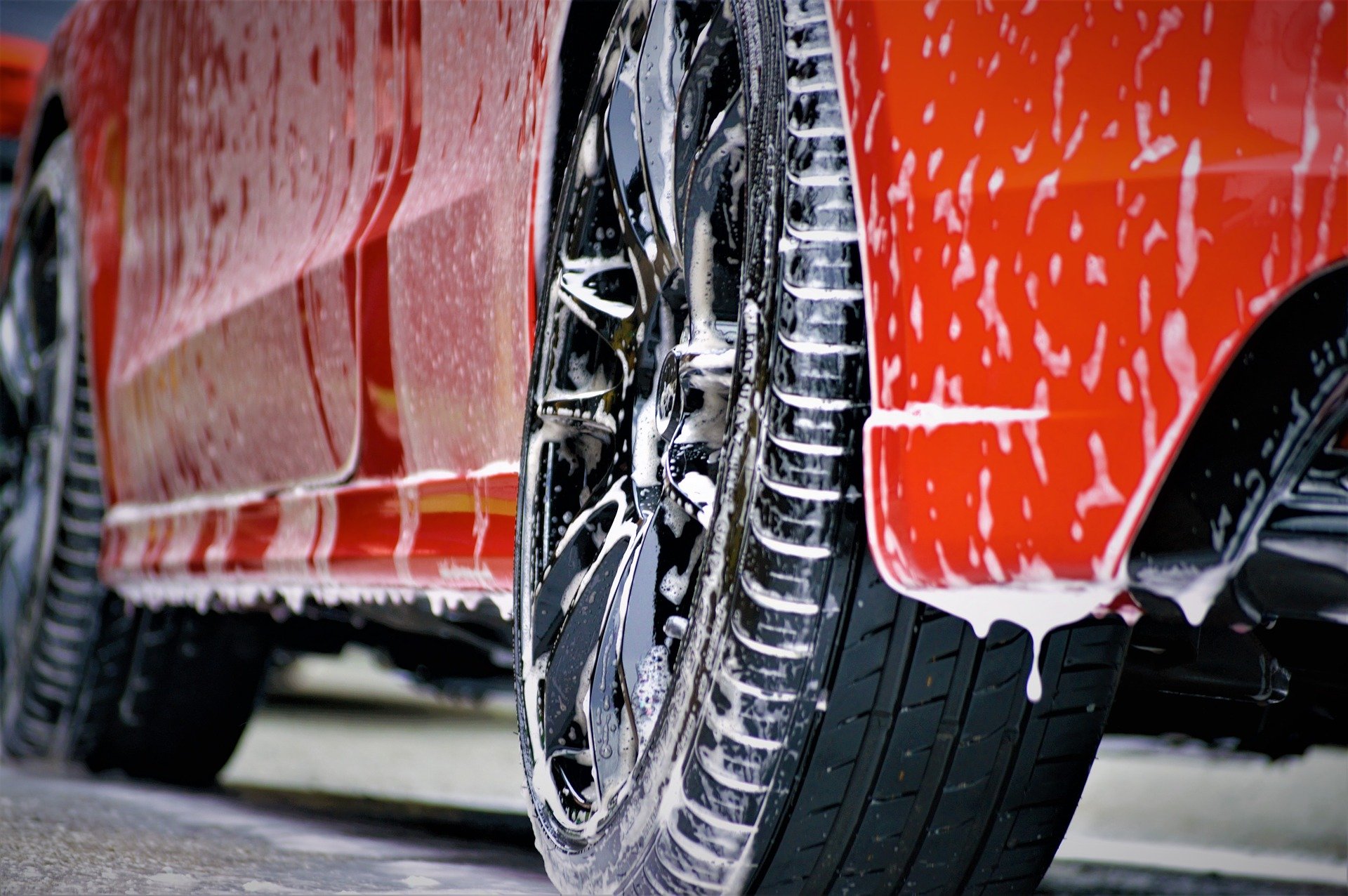Preparing a vehicle for resale
Whilst Covid-19 stemmed the 2nd hand car market in 2020, more than 6 million used cars are bought and sold each year in the U.K. With cars seemingly more reliable than ever before, and with more of us working from home recently, the 2nd hand car market could offer some low-mileage bargains for those looking to trade up.
But, if you’re looking to sell your vehicle, there are things that you could do to perhaps help with the sale, if not inflate the value of the transaction.
They say in America that a $30 car wash increases the value of a car by $300, and it makes sense to present your car in the best light possible. If you have a dog, ensure the car interior is clean and free of dog hair. Alloy wheels kerbed? It costs around £50 to have an alloy refurbished and you’d be surprised how much of a difference that a neat matching set of clean straight wheels will make to the appearance of the average hatchback.
A savvy buyer will, of course, always look for a haggle point. Something that isn’t quite right, and top of the list is ‘service history’. To most of us, service history means a complete, documented record of all services, MOT’s and consumable replacements (tyres, clutches etc) along with a fully stamped service book. But, beware ads that state ‘service history’, but omit to state that some services have been missed from the service book. Manufacturers set servicing schedules, designed, so that at certain pre-determined points in time, or at a certain mileage, various serviceable items are checked or replaced.
Cam belts are often a big talking point, but some vehicles have non-interference engines which means any damage done due to a snapped cam belt is normally less seriously than an engine which can have internal parts collide in the case of a snapped belt. Thus, regardless of what type of engine you have in the car you’re looking to sell, it demonstrates a good adherence to service schedules if the cam belt schedule (at least) has been honoured. The holy grail of service history though is ‘Full Manufacturer Service History’ (or main dealer). This means that not only has the vehicle met all service schedules, but they’ve been met at a garage trained and versed in your vehicle and most likely having used original manufacturer parts.
There’s a lot to be said for ‘taste’ too. We all think we are connoisseurs in taste but adding stickers, loud exhausts, loud upholstery and questionable replacement wheels, for example, can reduce a vehicles value. So, if you have swapped any parts, ensure you keep originals so they can be swapped back again when the vehicle is to be resold. You can then resale the ‘modified items’ to give you additional sale income.
It’s normal nowadays for a buyer, particularly if you sell to trade, to perform ‘HPI’ checks on your car. This check will see if it’s ever been recorded as having been ‘written off’, stolen or have outstanding finance. If you have your carf on finance, you can advertise it by stating that finance will be cleared upon sale. But this can be an added hassle for a buyer who has the whole market to consider. So, if you are able, it would be beneficial to clear any remaining finance BEFORE you place your car up for sale.



